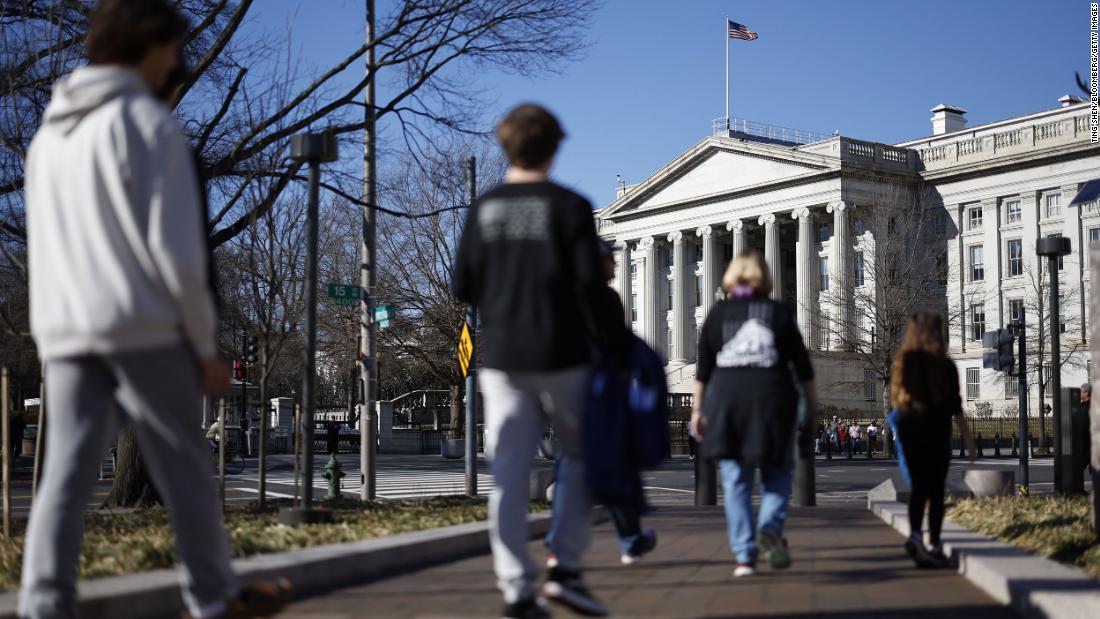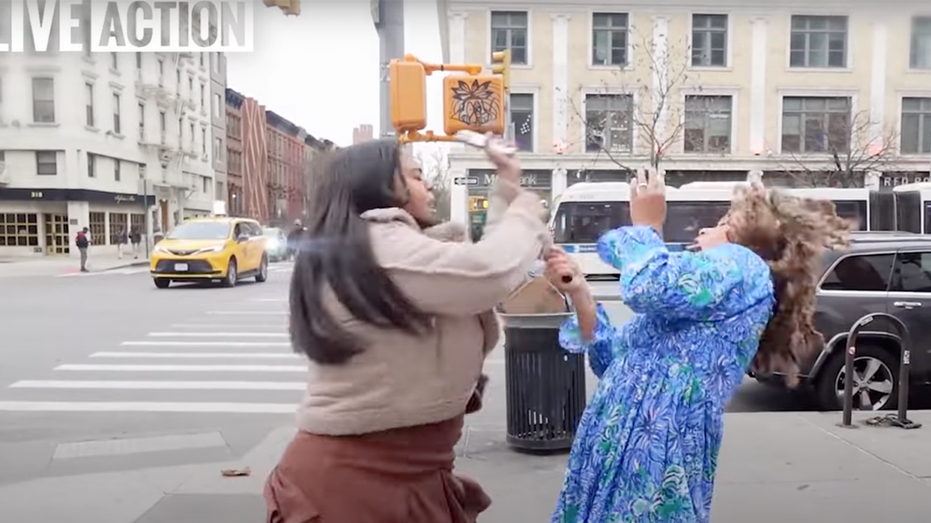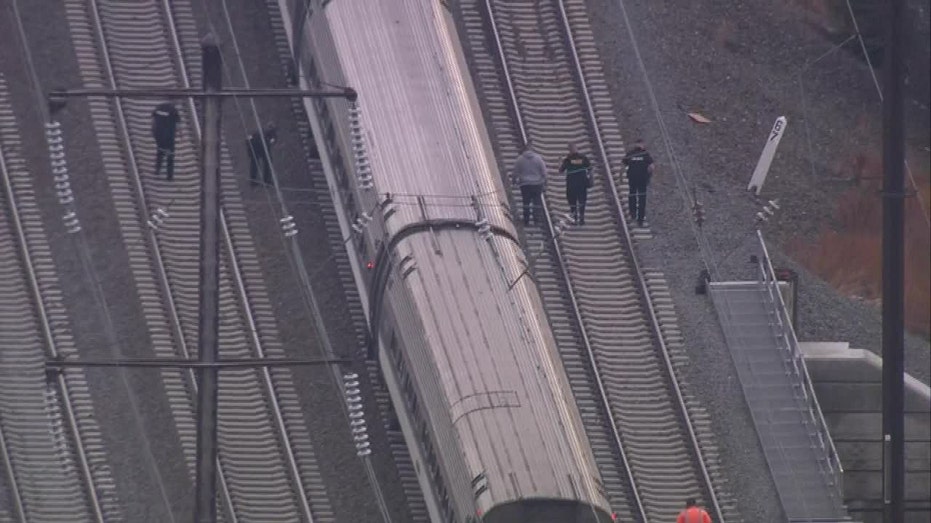- by foxnews
- 05 Apr 2025
Dow sinks by more than 400 points as spiking yields weigh on stocks

Stocks fell sharply Tuesday afternoon, as US Treasury yields surged to their highest levels in over a decade, worrying investors that higher borrowing rates could further stall the housing market.
The Dow fell 430 points, or 1.3%, notching its lowest close since June and turning lower for the year. The benchmark S&P 500 declined 1.4% for its lowest close since May. The Nasdaq Composite lost 1.9%, extending the late summer selloff.
The Fed signaled last month that it could introduce one more hike this year and keep rates elevated through next year. Investors are starting to worry that the housing market could be the next domino to fall and potentially trigger a recession.
While the Fed does not set the interest rates that borrowers pay on mortgages directly, its actions influence them. Mortgage rates tend to track the yield on 10-year US Treasuries. When Treasury yields go up, so do mortgage rates.
Stocks have marched higher for most of this year, as AI excitement took hold on Wall Street and powered tech stocks to stratospheric heights.
But that rally petered out in August, as strong economic data had investors worried that a resilient economy and piping hot labor market would lead the Federal Reserve to hold interest rates higher for longer to tamp down inflation.
Treasury yields have spiked and the US dollar has surged in the weeks since the Fed's late-October meeting, continuing to chip away at the stock market's gains from the spring. Stocks tend to suffer when government bond yields are elevated, since it means investors can get high returns on less risky assets.
Yields continued to rise on Tuesday, with their climb accelerating after fresh data from the Bureau of Labor Statistics showed that the number of US job openings unexpectedly soared to an estimated 9.61 million open jobs in August. That's up from July's upwardly revised estimate of 8.92 million openings and above the consensus 8.8 million estimate among economists.
The yield on the 10-year Treasury note on Tuesday was at 4.802%, its highest level since August 2007. The 30-year was at 4.936%, its highest level since September 2007.
CNN's Fear & Greed Index fell to an "Extreme Fear" reading of 16, its lowest level since last October.
West Texas Intermediate crude futures, the US benchmark for oil, fell below $90 on Tuesday, cooling off from their climb in recent months as a series of output cuts announced by OPEC+ started to take hold on oil prices.
Later this week, the Bureau of Labor Statistics also releases August employment figures.
"Unless the [jobs] report comes in lower than expected, Wall Street will likely start to fully price in at least one more Fed rate hike before the end of the year," said Ed Moya, senior market analyst at OANDA.
Adding to the volatility is the fallout from a narrowly avoided federal government shutdown last weekend over the fiscal budget. House Republicans are voting on whether to oust Speaker Kevin McCarthy from his role because he worked with Democrats to avoid the shutdown.
"The news out of the House today once again highlights the difficult political backdrop in addressing such issues," said Michael Reinking, manager of NYSE research.
Moody's, the only major credit rating firm to keep a perfect credit rating on the United States, has warned that a government shutdown would be "credit negative" for the United States. More political disorder could potentially trigger a downgrade.
As stocks settle after the trading day, levels might change slightly.
- by foxnews
- descember 09, 2016
Excavation near site where Jesus was crucified and buried results in ancient discovery
Proof of ancient olive trees and grapevines, consistent with a Bible verse, has been found at the Church of the Holy Sepulchre in Jerusalem, an archaeologist confirms.
read more


